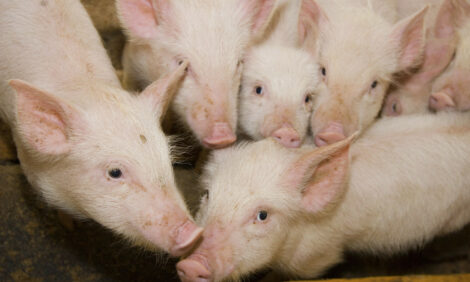



Research to Contribute to GHG Commitments
CANADA - Research being conducted by the University of Manitoba into greenhouse gas emissions from agricultural systems is expected help Canada meet its commitments as a member of the Global Research Alliance, writes Bruce Cochrane.As part of its commitment to developing best management practices for mitigating agricultural greenhouse gas emissions, Agriculture and Agri-Food Canada has approved funding for the University of Manitoba's Faculty of Agricultural and Food Sciences to evaluate greenhouse gas emissions from livestock and cropping systems, and the impact of converting from perennial to annual grassland systems.
Dr Vern Baron, the senior science advisor with the cropping systems section of the Agricultural Greenhouse Gas program, recalls in 2010 a number of countries came to together to form the Global Research Alliance.
Dr Vern Baron-Agriculture and Agri-Food Canada
The primary countries that are drivers in this are Australia, New Zealand, Canada and the United States, and now many other countries have joined.
This prompted the Minister of Agriculture, and Agriculture and Agri-Food Canada, to commit 27 million dollars that would go to entities outside of the federal government, to farm groups and to research organizations like universities - and, in this case, the University of Manitoba - to do practical research that would lead to the mitigation of greenhouse gasses, and therefore reduce the risk of climate change.
Agriculture all over the world is looking into the mirror of the world, or through the prism, and we want to be seen as good stewards of the land and producers of clean, wholesome food, so this information provides good optics for Canadian agriculture around the world.
Dr Baron notes agriculture only produces about eight per cent of Canada's total greenhouse gas emissions, but all industries have to do their share in contributing to meeting Canada's commitments.








